You’ve finally found your first dream rental, but are you still struggling between budget-friendly and big-ticket luxuries decor? Here are some tips that will help you decide on the must-haves.
Budget-Conscious Must-Haves for Your First Apartment
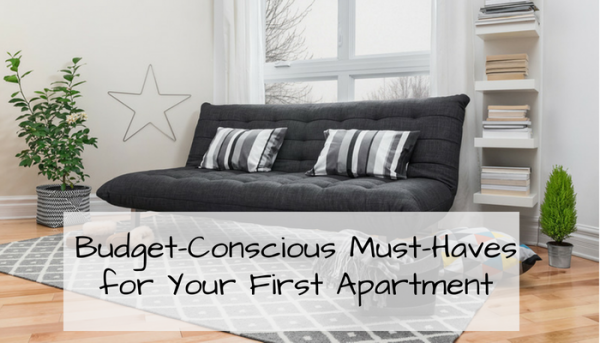
After searching for your dream apartment and prioritizing your needs, and finally signing your lease, it can be tempting to let your excitement get the best of you when shopping for furniture and decor. However, between the cost of movings and deposits, you have likely already spent a hefty chunk of change.
Since this is your first time on your own, there are likely some necessities that you will not have, so be certain to budget appropriately for these items and save the big-ticket luxuries for the future. How do you decide what items are must-haves and what purchases can be saved for later?
This can serve as an easy reference point for what your first purchases should be for your new apartment. Here are the must-have purchases for your first apartment.
Bed:
Sleeping is vital for functioning well, and you spend 7-9 hours in bed. While this big-ticket item is necessitous, there are still ways to save. Opt for a full-sized bed and upgrade when you have the extra funds, or keep your eye on department store sales to find a queen bed for the price of a twin or full. That way you have room to grow for the next few years until you have enough extra funds to spring for that King-sized Tempurpedic you’ve had your eyes on. Be aware, however, that saving money is great… until it costs you long-term. Avoid purchasing a used mattress from Craigslist or another resale sight, these may come with free bedbugs included, and you certainly don’t want to deal with pests in your apartment.Comforter & Sheets:
This may be obvious, but your new mattress needs a proper set of sheets. Avoid sleeping directly on your mattress to protect it from your skin oils and excess wear. If you’ve invested a lot in your mattress, it’s also wise to purchase a mattress protector to mitigate allergens and keep your mattress safe from any ramen noodle accidents you may have in the future. Don’t be fooled into blowing your budget on fancy sheets with a high thread count or the most expensive down comforter. Those are luxuries you can save for down-the-road. For now, look for inexpensive bed-in-bag options online or in discount home good stores like Ross and TJ Maxx.Seating:
Couches are expensive, especially if you are purchasing them new. If you can buy a used couch from a relative or friend, this is a definite must-have. However, be careful once again of spreading bed bugs into your home if you buy from an unknown seller. If a new couch seems a little out of reach and you don’t have the ability to buy a nice used option, opt instead for an inexpensive futon for a serviceable seating solution for yourself and future guests.End, Side, and Dinner Tables:
Having a table in some form is a must. You will need a flat surface from which to eat, work and set down your stuff. However, having all of the varieties of tables may not be realistic to your budget and your apartment size. It also may just be excessive for your current lifestyle. Instead of springing for a fancy dining set, truly think about when you will sit at the table and why. A space-saving bistro set may be a more affordable and desirable option for your first apartment. End tables are often considered a need in a more traditional setting, but your first apartment may benefit from a more non traditional coffee table.Bathroom Accessories:
Only you know what kinds of toiletries and personal care products you can’t live without, but as a general rule, your bathroom absolutely needs only a few items. The first is toilet paper (and this can be so easy to forget admits all the furniture and decor purchases) the 2nd is a shower curtain and liner. Nothing will make you feel less at home than showering the for the first time in your apartment and spraying water everywhere because you forgot to buy a shower curtain, and trust me, you will want to shower after doing all the heavy lifting involved with moving and unpacking. Bathroom rugs are definitely nice to have and do serve a purpose, so look for an inexpensive set that includes a curtain to save some extra funds. Finally, you will definitely want to purchase a trash can and plunger. You may not use these every day, but when you need them, you definitely need them!Kitchen Necessities:
Unlike most items on this list, what you will or won’t need for your kitchen is rather subjective. It truly depends on your personal needs and expected lifestyle. Since there are hundreds of kitchen items you could buy, it can easily become a budget buster if you are not selective. For your kitchen you likely will only need: 4 cups, bowls and plates, 4 sets of silverware, a pot for boiling, a pan for cooking, a chef’s knife, paring knife and steak knife, pot holders, dish drying rack, dish cleaning supplies, a small set of cooking utensils, a bottle opener, a mixing bowl, measuring cups and spoons, and a cutting board.Pick out one to three kitchen appliances that you truly feel your need and would use. I recommend a toaster oven, coffee maker, and a blender. These are your starting points, from here you can live your day and discover if there is anything you could use. If you love to bake, you’ll eventually find yourself in need of cookie sheets, or a hand mixer. If you find you cook a lot, you may benefit from a quality knife set. These purchases can wait until you know for certain that you will use them, aspirational home purchases are never good on the budget or are easy to maintain in a small space. Don’t forget that if you find yourself in need of a cupcake tin for a once a year baking session, it may be simpler to borrow it from a friend or relative instead of buying supplies that you will rarely use.
Cleaning Supplies:
Regularly cleaning your apartment is vital if you want to keep your landlord happy, and get your security deposit back at the end of your lease term. You will want to purchase a new or used vacuum cleaner, a mop, garbage cans and all-purpose cleaners. This shopping run is also a good time to stock up on HVAC filters so you remember to change them frequently and according to your lease terms.Damage-Free Decor Options:
No space is truly yours until you have customized it to your unique tastes. Don’t let the inability to make permanent changes stop you from decorating. There are easy damage free decor options that you can implement to make the space yours, and you can even find renter friendly decor at the dollar store.Getting your first apartment is a huge step and an exciting one. It marks a new stage of independence. This also marks a new point in your financial responsibility and enforces the importance of living on an appropriate budget. Happily, this doesn’t mean you have to sacrifice all creature comforts in your new place, just remember to go small at first and save for later. You can always purchase more things or higher quality versions of them, down the road. Stick with the necessities and you’ll find that your first apartment is a stress-free haven that you truly love.
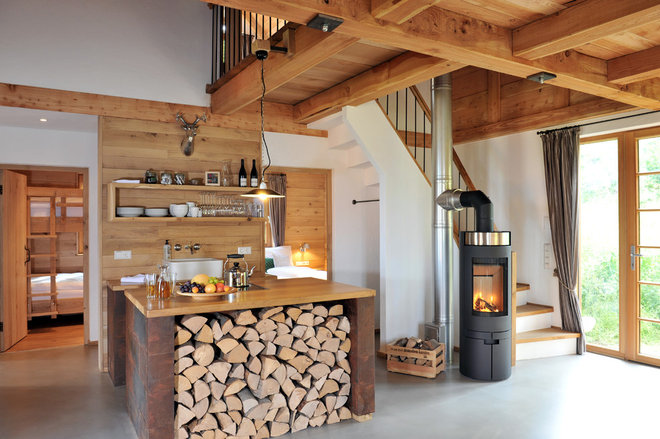
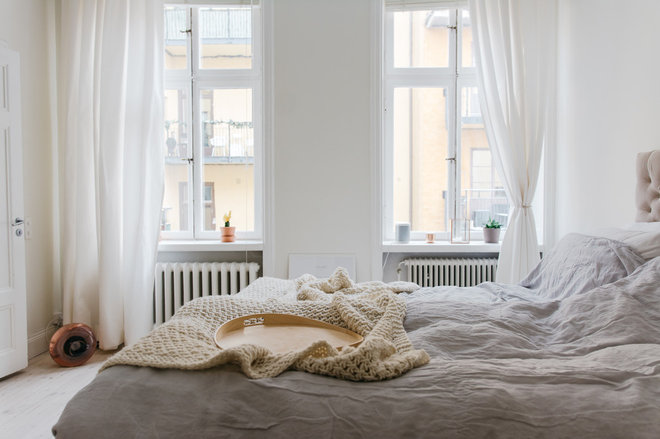
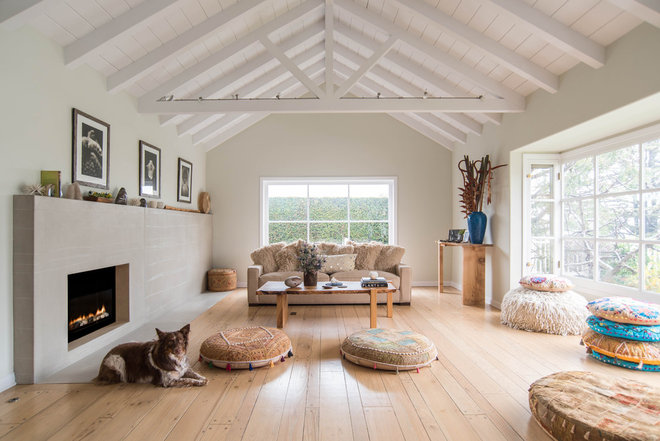
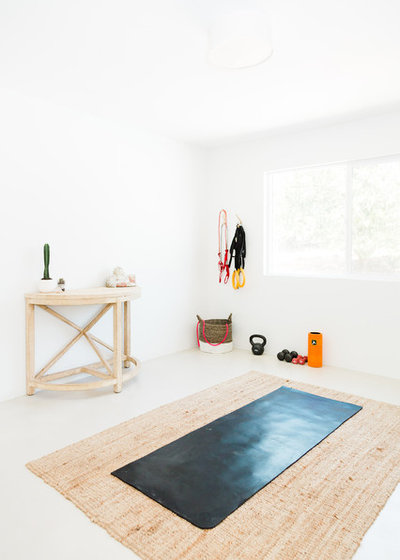
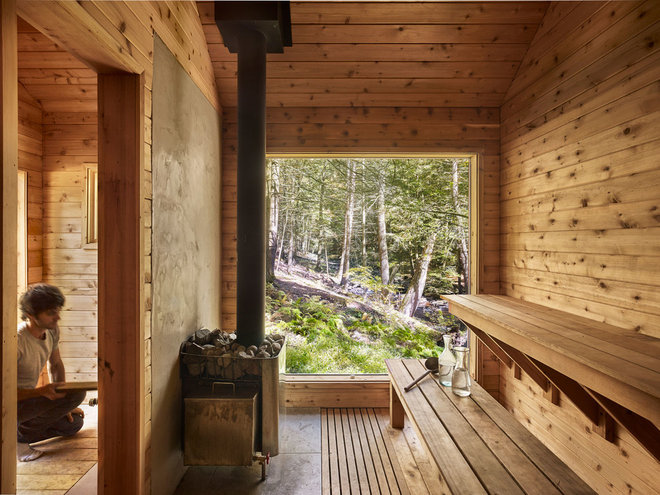
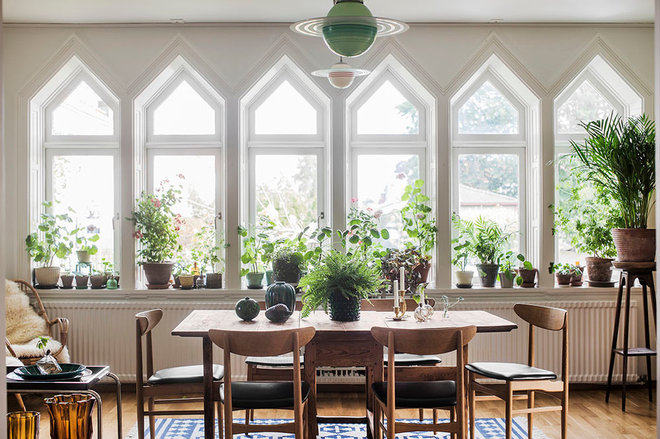
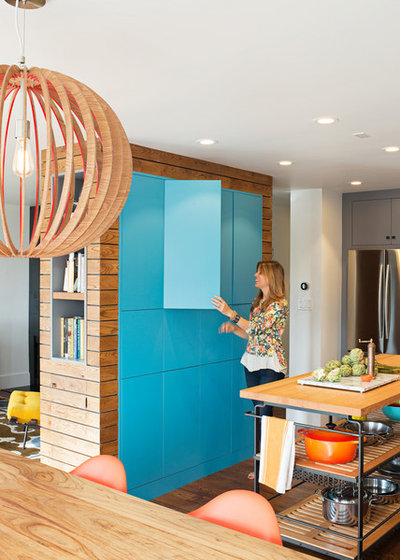
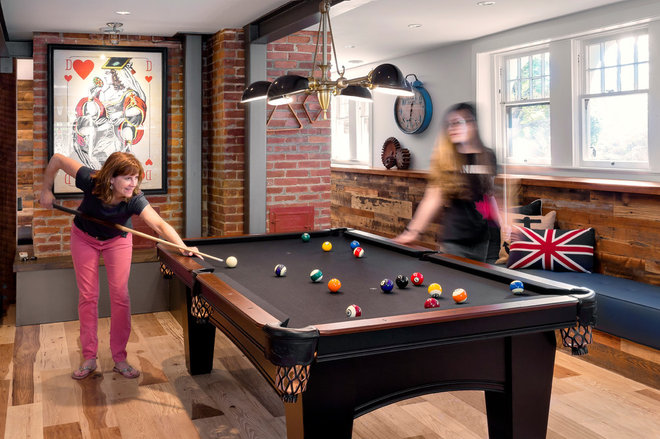

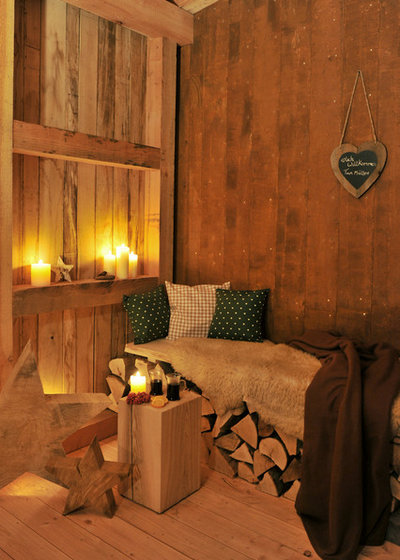
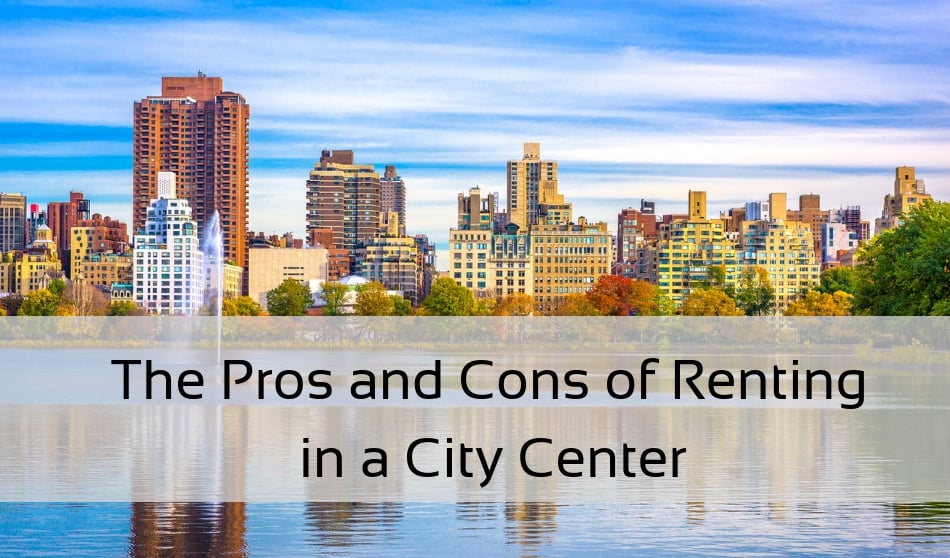 The
city lifestyle has a unique appeal that suburban and rural living
doesn’t offer. With its hustle and bustle, flow and energy, it makes
sense why so many young people
The
city lifestyle has a unique appeal that suburban and rural living
doesn’t offer. With its hustle and bustle, flow and energy, it makes
sense why so many young people 
 Finding
the perfect rental these days takes more than just a Google search or a
quick peruse in the paper to find a new home that will fit your needs.
Finding
the perfect rental these days takes more than just a Google search or a
quick peruse in the paper to find a new home that will fit your needs.